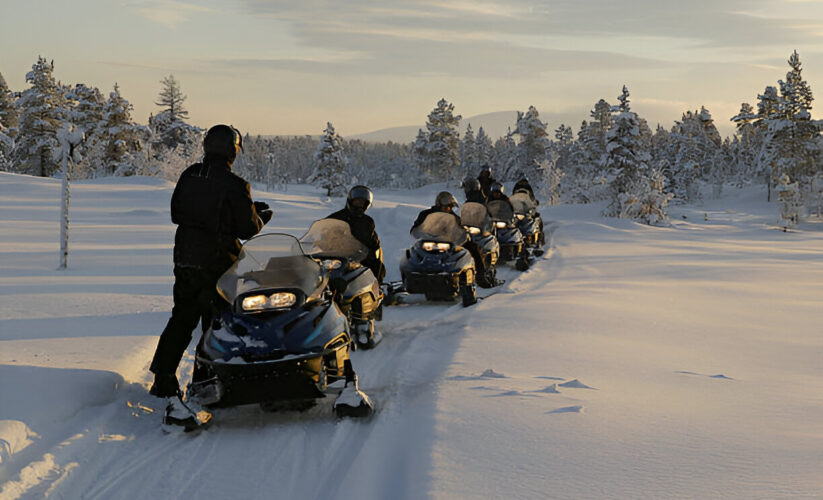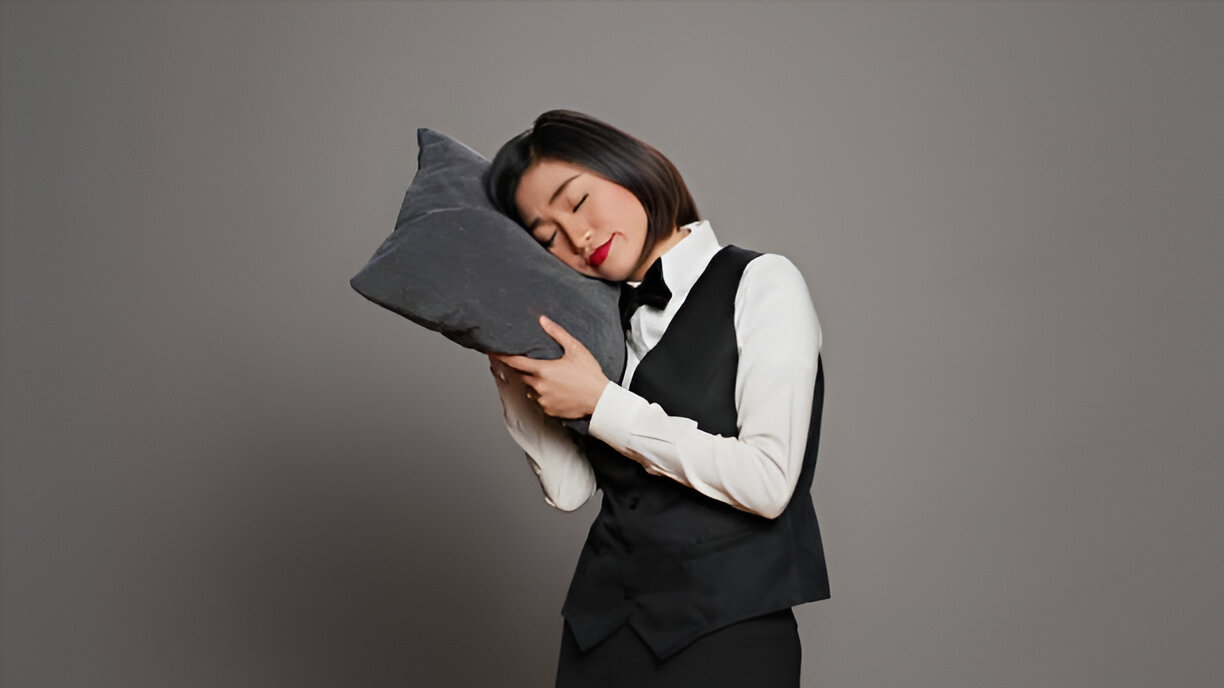

Bill Streever knows cold. As an Alaskan ecologist who often works near the Arctic Circle, Bill has an intimacy with frigidity that few people ever experience.
He recently wrote
“Cold: Adventures in the World’s Frozen Places”
to ruminate on cold’s place in nature and the unique impact of extreme subzero temperatures on humans.
“Up in the Arctic, where I spend a lot of time working, it’s often 40 below,” Bill says. “It’s sort of a magical feeling, so I felt like it needed to be written about in a new way.”
In the book, Bill details mankind’s historical relationship to cold, touching on everything from 19th-century polar explorers to Mary Shelley’s “Frankenstein.” He argues that cold can be a source of restorative energy. But he also details its undeniable dangers, such as hypothermia’s physical and mental effects.
In an extreme example, Bill plunges into the Arctic wearing only his swimsuit for a five-minute experiment in the limits of human tolerance. “The first thing is you start gasping for air, and you can’t control it, so you take in a lot of water,” Bill says. “Your body starts to cool off very quickly, your skin gets very tight, and it feels like pins and needles. It took me several hours to warm up once I got out.”
Resources
“Cold” was the first selection in Martha’s new book club. Read with Martha and share your comments at
themarthablog.com/reading























